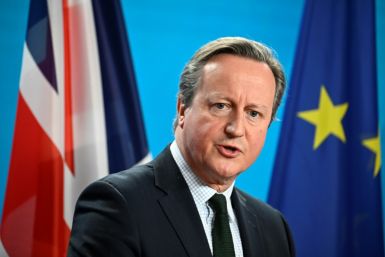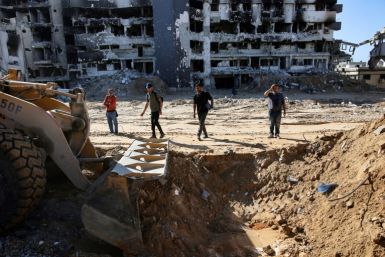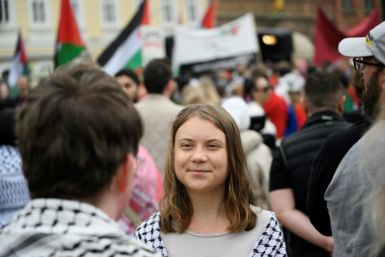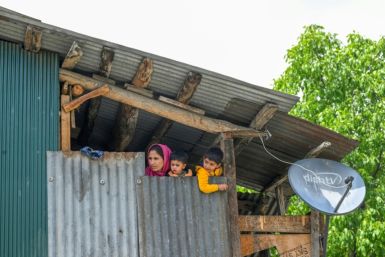Ukraine Rebel Leader Sworn In As Head Of The Eastern Part: Russia Hails The New Team But West Simmers
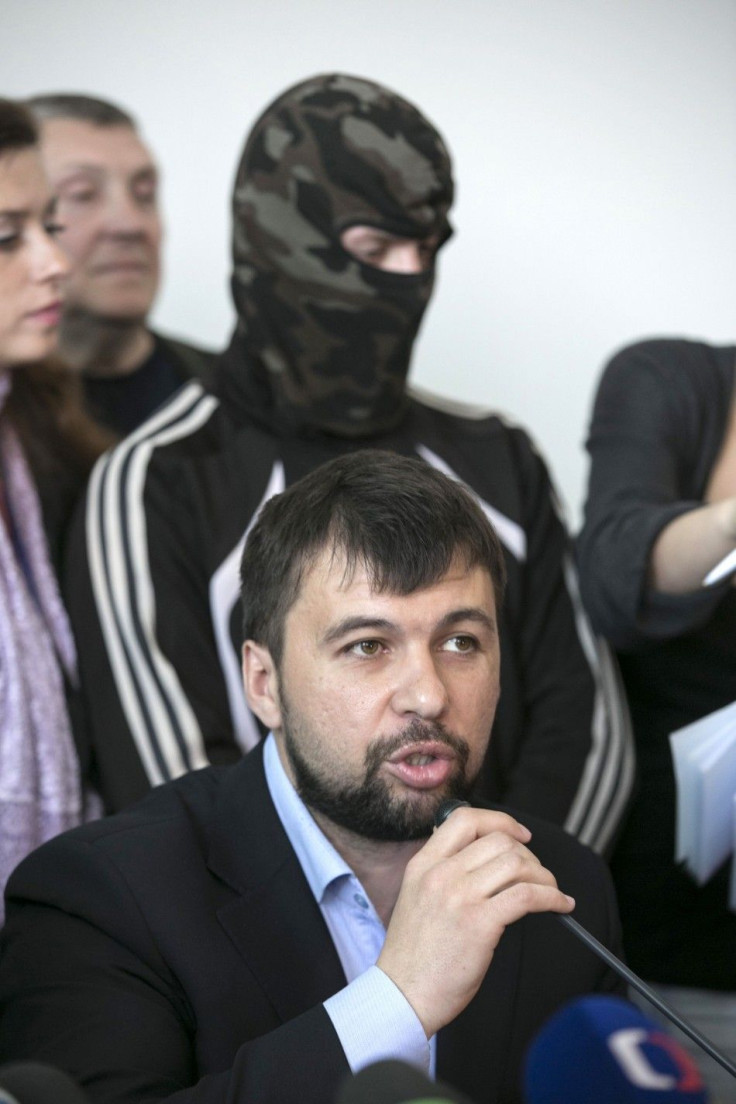
Unfazed by the condemnations from the West, the pro-Russia Ukraine rebel leader, Alexander Zakharchenko, was sworn in on Tuesday as the head of self-declared Donetsk People's Republic. He assumed power after claiming a "thumping victory" at the separatist polls held last Sunday. The rebel leader swore to "serve the people of the Donetsk People's Republic," at a ceremony in the main theatre of the rebel bastion. Though Russia has approved the elections, Kiev and the West declared them illegal, reported Business Insider.
Festive Mood
According to reports, there was a festive mood at the oath ceremony, with people balloons floating on the stage as Cossacks turned up in scarlet and black uniforms; dancers moved in traditional garbs and shared the theater with Zakharchenko's heavily-armed guards. Many of them were donning Russian flag patches on their arms. The rebel leader is 38 years old and is a former electrician. He became the top guerrilla commander in August after taking over the reins from a Russian commander. The "election" also threw up Plotnitsky as leader in the neighboring Luhansk.
The oath ceremony was occasionally marred by sounds of artillery fire from the damaged Donetsk's international airport, which is still under the control of government forces. They thudded the city with gunshots. Reuters in a report referred to reaction of the official Ukraine Government, which described the poll as a violation of the truce agreed in September. The conflict in Ukraine has killed more than 4,000 people so far. Kiev warned that it will deploy its newly formed army units to defend a string of eastern cities from the threat posed by Moscow-backed rebels.
Frozen Conflict
Meanwhile, A NATO's official said the emerging conditions are looking like a "frozen conflict," a term used by the West to describe rebel regions carved out of former Soviet states, where Moscow steps in to take control, using its troops. Philip Breedlove, a senior ranking NATO officer and a U.S. Air Force General made these comments in Washington.
Meanwhile, Russia called up the skeptical West to and Kiev to take note that the election of Alexander Zakharchenko and Igor Plotnitsky as leaders of the Donetsk and Luhansk "people's republics" as a signal to Kiev to negotiate directly with them. But Kiev had taken the stand that rebels as Russian-backed "terrorists" having no public legitimacy.
But Russia is now hinting that such a stigma is gone now, as they have been duly elected. The West is worried that Moscow will now exert more control over eastern Ukraine's industrial Donbass region, as it used to do in parts of Moldova and Georgia, after they broke away from the Soviet Union.
Soon after the coronation of rebel leaders, President Petro Poroshenko chaired a meeting of his security chiefs and said he wanted a peaceful resolution to the conflict, despite the truce being violated by Russia and the rebels. Kiev maintained that the Minsk agreements had provided only for the election of local officials and it had no provision for separatist ballots to install leaders in breakaway regions.
Putin's Warning
Meanwhile, Russian President Putin in his Unity Day address in Moscow, on Tuesday, said Russia's campaign in Ukraine has been right despite the sanctions from the U.S. and European Union. "Dear friends, this year we faced many difficult challenges. But, as proved in our history, our people responded with a spiritual upsurge and no amount of threats can force us to abandon our values and ideals," Putin said in a veiled warning to the West.



